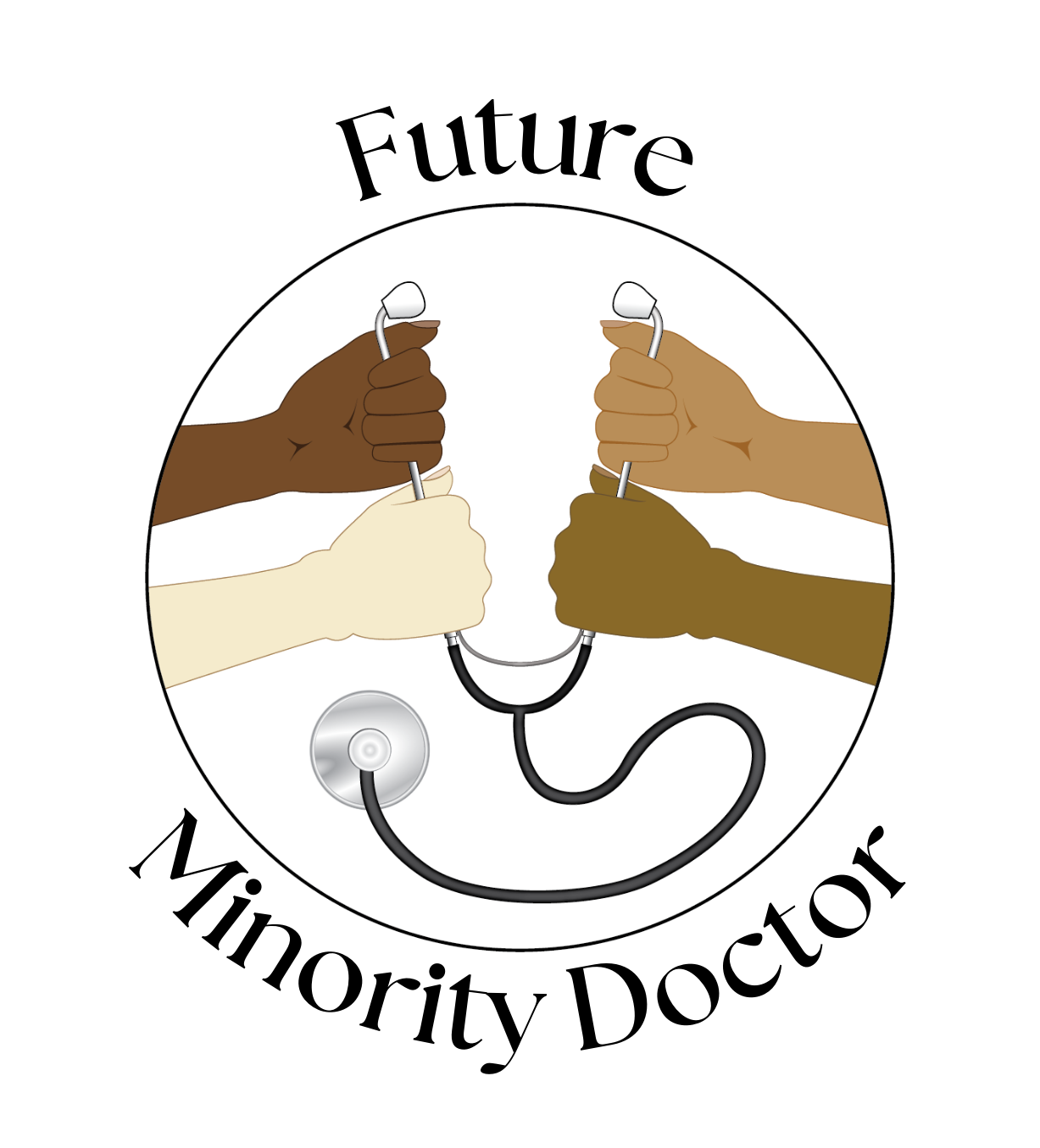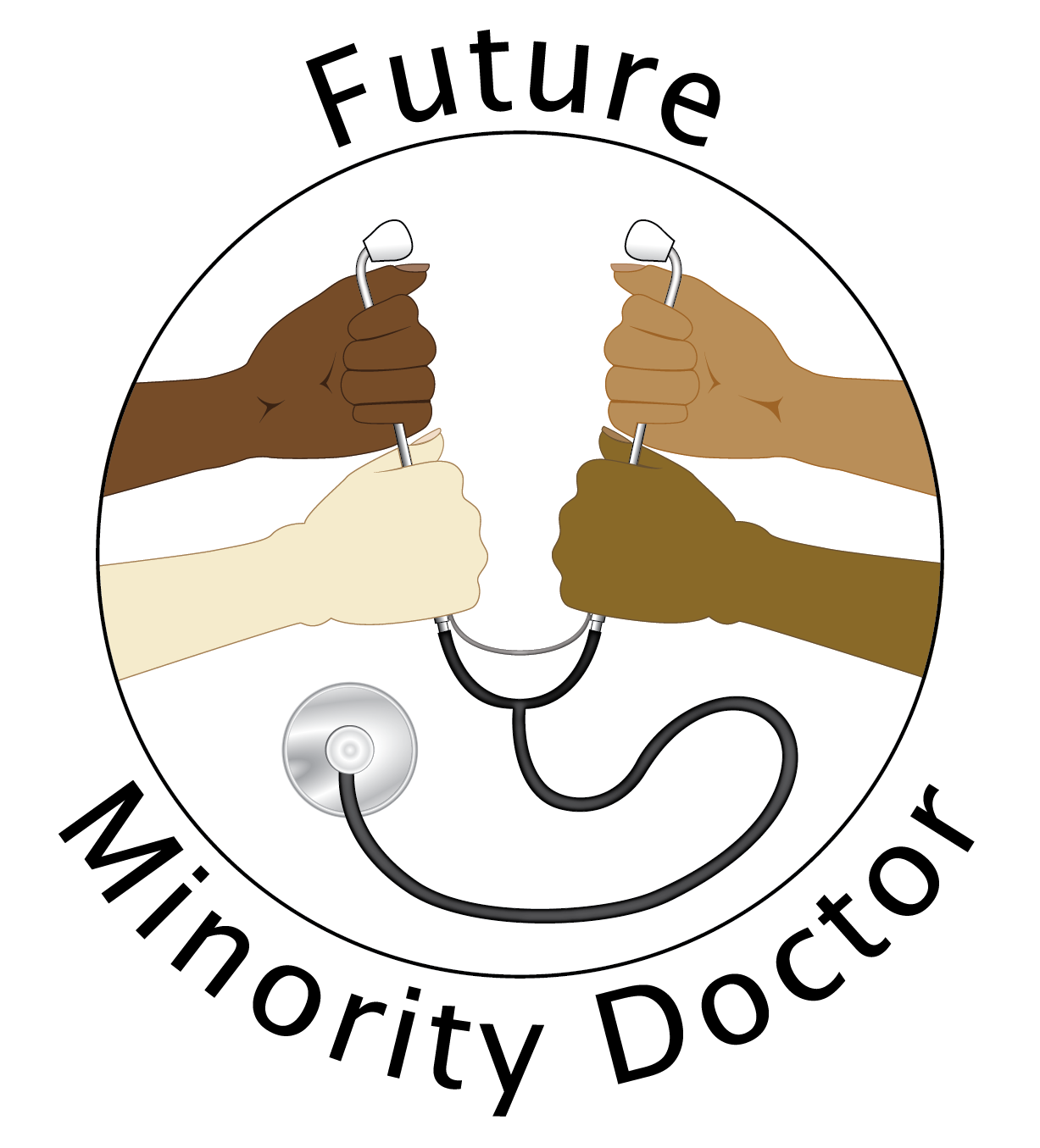Brianca’s Personal Statement
I always knew that I wanted to become a doctor. From the first time I watched the movie, John Q as a child, I knew that I wanted to become a physician so that I could help people who struggled to afford medical care. John Q tells the story of a devoted, yet desperate father who holds an emergency room hostage in order to get his dying son’s name on a heart transplant list. Seeing this movie as a child planted the seed in me to become a doctor so that one day I could address the inequalities in healthcare in my own community. As an idealistic child, I wanted to make everyone in the world happy and healthy. As I grew up, I began to understand the real health disparities that people of color and poor communities face.
In college, I took advantage of shadowing opportunities in order to better understand the roles of physicians and how they could help to address such disparities. Dr. Tarif Bakdash, a pediatric neurologist, stood out to me because I watched him go the extra mile for his patients. I remember gently reminding him of his schedule one day after he had spent an unusually long time with a particular patient. He politely informed me that he never looked at the clock when he was with patients because he did not want the clock to dictate the quality of care he provided each patient. Dr. Bakdash also excelled at offering positive reinforcement to his young patients. He would ask the children what their grades were and told them, “If you get all A’s, call my office and I will send you a gift for making such good grades.” The children’s faces would light up. Shadowing Dr. Bakdash taught me that patience and encouragement could go a long way toward providing quality healthcare to people.
The lessons I learned in Dr. Bakdash’s office later became indispensable in my personal life. In January 2021, my mother was diagnosed with stage 4 hepatic cancer. She rapidly became so sick and weak that the doctor said she could not live alone anymore, and my husband and I took her in to live with us. Virtually overnight, I became my mother’s primary caretaker. I took her to chemotherapy and medical appointments. I helped to cook and clean for her. I helped ensure her safety with movement. I monitored her blood sugar and managed her insulin injections. Through these challenges, I practiced how to be gentle, patient, and understanding. I did not realize at the time that these would become some of our most precious memories together. Through it all, my mother expressed appreciation for the many doctors and nurses who treated her.. She lived with us for a few weeks before she transitioned to in-hospital hospice care. She passed away on May 14, 2021 at the age of 65. I couldn’t help but wonder whether my mother would have enjoyed a longer life if she had enjoyed better access to preventative healthcare throughout her life. Her premature death deepened my commitment to becoming a physician providing preventative care for people in my home community.
A few months after my mother’s cancer diagnosis, my family faced another tragedy: my brother was stabbed sixteen times after having a mental breakdown. My brother had struggled for years with his physical and mental health. As a result, he had been incarcerated numerous times. It never made sense to me why someone would choose to make certain decisions knowing the possible consequences that came with those decisions. Only later did I consider that his behavior could be due to an underlying psychiatric condition. When I asked him about this possibility, he assured me that “black people don’t have mental health issues.” This highlighted for me the stigma against seeking healthcare within the African American community. My brother ultimately survived his injuries and my husband and I helped nurse him back to health. This experience further motivated me to become a physician to help destigmatize mental healthcare and connect people to quality mental health treatment in my community.
The past few years have been challenging but transformative. With the passing of my mother and my brother’s mental health challenges, I have learned that I want to treat people, not just their diseases. I want to bring preventative healthcare to underserved communities. I want to help dissolve stigmas around minorities not needing mental healthcare. I want to be there for people during uncertain times in their lives. Being a minority myself and experiencing what I have experienced has only solidified my drive to become a doctor so that I can contribute to the health and well-being of individuals and society.
Character Count: 4592 (limit is 5300)

